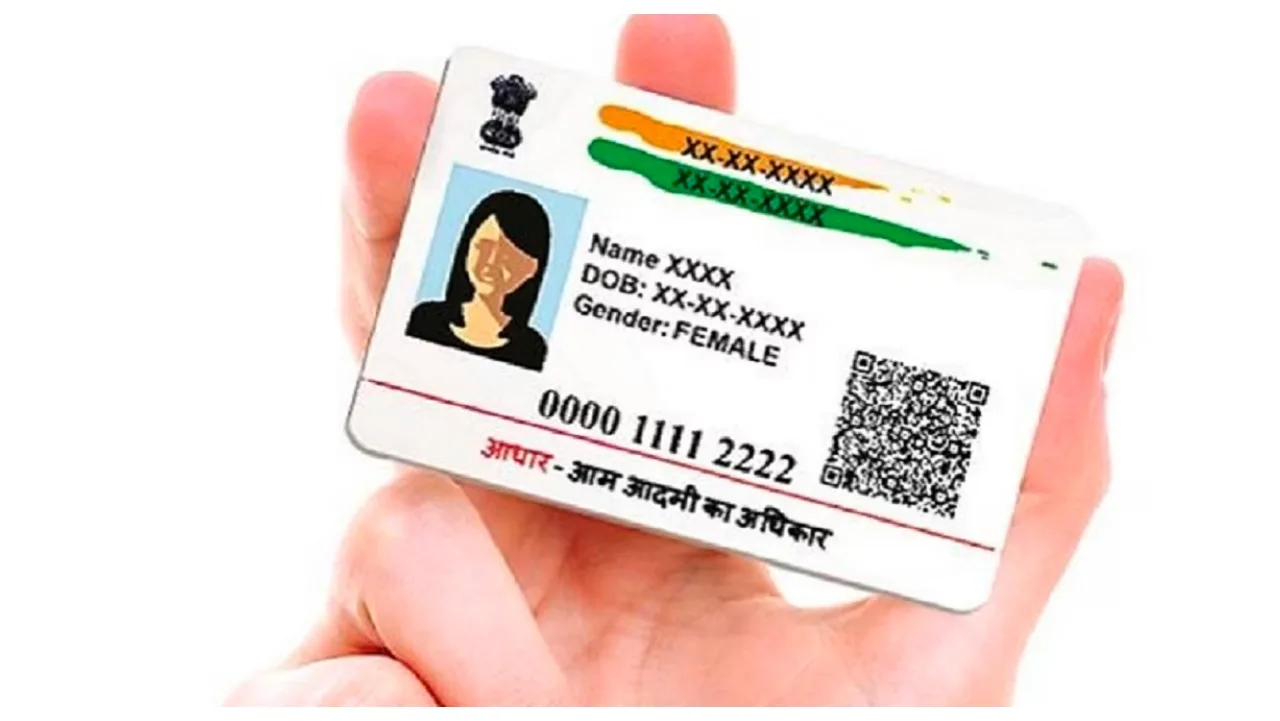The Aadhaar card, a cornerstone of India’s digital identity framework, has become an essential document for many everyday tasks. But with its growing importance, a common question pops up: Does Aadhaar expire after 5 years? Let’s clear the air and understand the concept of Aadhaar updates.
Understanding Aadhaar and its Life Cycle
Unlike many government IDs that come with expiry dates, the good news is that your Aadhaar card itself doesn’t expire. The unique 12-digit Aadhaar number assigned to you remains valid for life. Think of it as your permanent digital identity.
However, the information linked to your Aadhaar, like your address or photograph, might require updates over time. This is where the concept of “Aadhaar updates” comes in.
Why Update Your Aadhaar? Here’s When it’s Important
While your Aadhaar number is permanent, certain situations might necessitate updating the linked information:
- Life Changes: Did you move houses? Maybe you got married and your name changed. These significant life events should be reflected in your Aadhaar for accuracy.
- Biometric Changes: For children enrolled before age 5, their biometrics (fingerprints and iris scans) need to be updated once they turn 15. Similarly, adults might experience physical changes that could impact fingerprint recognition. Updating ensures smooth authentication.
- Improved Security: Regularly updating your Aadhaar with fresh information helps maintain the overall security of the system.
The 5-Year Update Rumour: Debunked!
There seems to be some confusion around a 5-year mandatory update for Aadhaar. This isn’t entirely accurate.
Here’s the truth:
- Recommended Update: The Unique Identification Authority of India (UIDAI) recommends updating your Aadhaar information, especially address proofs, at least once every 10 years. This ensures the accuracy of your data in the central database.
- Not Mandatory (Yet): As of now, updating your Aadhaar every 10 years is not strictly mandatory. However, keeping your information current helps avoid any potential issues during Aadhaar-based authentication.
Keeping Your Aadhaar Updated: A Smart Move
While not mandatory, updating your Aadhaar offers several benefits:
- Seamless Aadhaar Authentication: Outdated information can lead to authentication failures when using Aadhaar for services. Regular updates ensure a smooth experience.
- Reduced Risk of Fraud: Updated information minimizes the risk of someone else misusing your Aadhaar due to inaccurate details.
- Peace of Mind: Knowing your Aadhaar reflects your current situation brings peace of mind and avoids unnecessary hassles.
Updating Your Aadhaar: It’s Easier Than You Think!
Thankfully, updating your Aadhaar is a relatively simple process. You can choose between:
- Online Update: For address and some document updates, the UIDAI’s Self Service Update Portal (SSUP) allows online updation with scanned documents.
- Offline Update: Visit your nearest Permanent Enrollment Centre (PEC) and submit the required documents for verification.
Remember, keeping your Aadhaar information up-to-date is a smart and secure practice. So, ditch the 5-year expiry myth and embrace the ease of online updates!
















